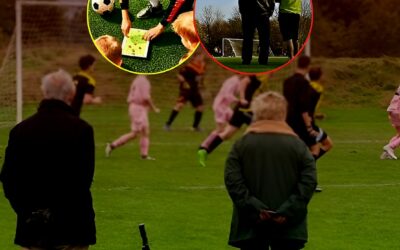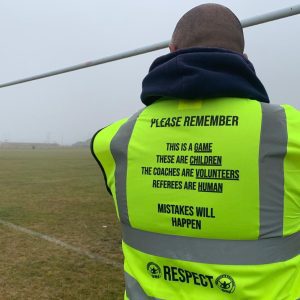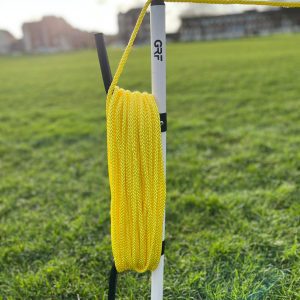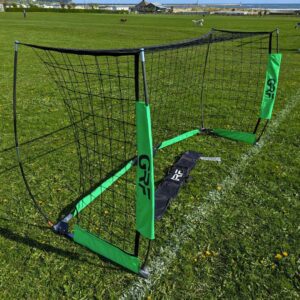The days of kids 10 years old or younger heading the ball in a football game or practice are over in the USA or OVER!!
In resolving a class-action lawsuit regarding the large number of concussions in the sport, the U.S. Soccer Federation has issued new guidelines either banning or limiting players heading the ball depending on their age. Children 10 years or under will no longer be allowed to head the ball in practice or games, while players ages 11 to 13 will only be allowed to do it during practice, not games.
The changes have come after a class-action lawsuit brought by a group of parents and players last year in U.S. District Court in California that sought rule changes preventing head injuries. The lawsuit charged FIFA, U.S. Soccer and the American Youth Soccer Organization with negligence for not addressing the issue. In 2010, more high school soccer players suffered concussions (50,000) than athletes in wrestling, baseball, basketball and softball combined, the lawsuit noted, according to The New York Times.
A summary from the leading organisation US Soccer
The Federation is recommending, and US Club Soccer is requiring immediately, new rules as it relates to heading, as follows:
- Players in U-11 programs and younger shall not engage in heading, either in practices or in games.
- Limited heading in practice for players in U-12 and U-13 programs. More specifically, these players shall be limited to a maximum of 30 minutes of heading training per week, with no more than 15-20 headers per player, per week.
- Clubs should be aware of circumstances in which individual consideration is needed. For example:
- A 10 year old playing at U-12 or older should not head the ball at all.
- An 11 or 12 year old playing at U-14 or older should abide by the heading restrictions in practice.
- Referees should enforce these restrictions by age group according to the specified rules. Referees will not be assessing the age of individual players on the field; they will enforce the rules for the age group.
- In adherence to these new requirements, referees have been instructed by U.S. Soccer of the following rule addition: When a player deliberately heads the ball in a game, an indirect free kick (IFK) should be awarded to the opposing team from the spot of the offense. If the deliberate header occurs within the goal area, the indirect free kick should be taken on the goal area line parallel to the goal line at the point nearest to where the infringement occurred.
Please feel free to add your thoughts to Social media.











0 Comments